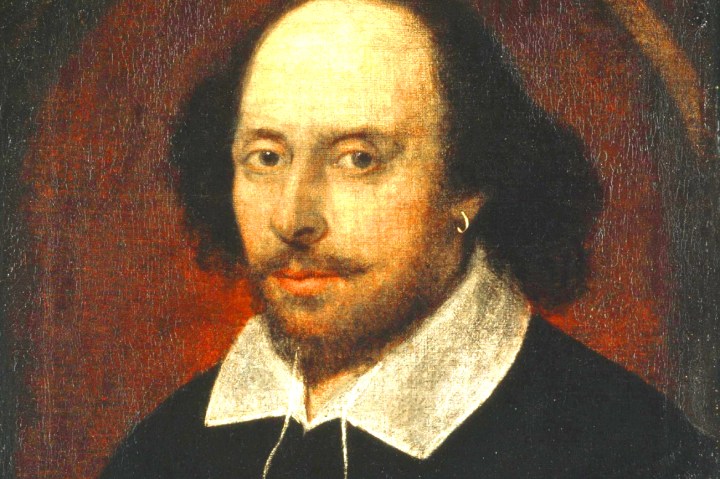Media
But slang’s a language too, innit?

Can you adam and eve it? A jah rule in Manchester has outlawed crap dang! (Trans: Can you believe it? A school in Manchester has banned slang!)
Like an old dinner jacket that gets dusted off and worn once a year, it’s a question that’s perennial: should slang be outlawed? In the United Kingdom, home of “mother English,” the question has been asked since Shakespeare was a stripling. But while the give-and-take of language has meant that English has developed irrespective of the wishes of the slang police, a school in Manchester recently tried to take back the high ground. Kids at the Manchester Academy would no longer be allowed to finish their sentences with phrases like “innit” or “d’ya know wha’ I mean?”
“We’re a business and enterprise academy,” Maria Nightingale, principal for operations at the school, told the BBC. “It is really important our youngsters go into the world equipped with the appropriate use of language so they are not disadvantaged.”
Which is fair enough. Nightingale was echoing the sentiments of some prominent English linguists, who feel that kids in the UK are increasingly unable to discern the proper audience for their dialect – parents, friends and teachers are all addressed in the same strange mix of cockney, West Indian and West African, they say, with its exotic peppering of Kuwaiti and Bangladeshi on top.
What Nightingale fails to account for, of course, is the pedigree of English slang. Shakespeare was an inveterate user of sixteenth-century slang, and many of the formations he employed in his plays soon entered the language’s mainstream: words like “cold-blooded,” “soft-hearted,” “quarrelsome,” and “worthless”; phrases like “mind’s eye,” “into thin air,” “caught red-handed,” and “one fell swoop”.
Also, it was around Shakespeare’s time that “slang” took on its present-day meaning – it is widely believed to be a shortened version of “secret language,” and it referred to a type of English spoken by criminals in London, which may or may not have been the genesis for today’s cockney rhyming slang (due to the scarcity of written records, academics can’t be sure). So, if someone were to say in cockney rhyme that Maria Nightingale is “mum and dad,” what they’d mean is that she’s “mad,” and given the long list of pedants who’ve tried to impose their will on the language before her – and failed – they’d probably be right.
By Kevin Bloom
Read more: BBC


















 Become an Insider
Become an Insider